

Initially, the casting of British actor Kingsley Ben-Adir as Bob Marley in the biopic Bob Marley: One Love rightfully sparked widespread scrutiny.
Upon watching the film, it is clear that Ben-Adir, the seemingly inauthentic casting choice, was the correct choice to represent the late reggae icon on the silver screen.
The film clearly sought to honour, recapture and present Bob Marley in a way that captured much of his spirituality and consciousness as a Jamaican rasta man.
Kingsley Ben-Adir’s journey to becoming a believable Bob Marley included the input of the Marley family, dialogue and vocal coaches as well as local assistance from the Jamaican Language Unit.
In addition to deep footage review, input from the JLU was integral to Ben-Adir’s training to recreate Bob Marley’s Jamaican accent, language, and other mannerisms.

In an interview with Our Today, Dr Joseph T. Farquharson, head of the JLU, and Susanna Campbell Blagrove, senior administrative assistant, shared the behind-the-scenes work done to recreate Bob and Rita Marley for the Bob Marley: One Love film.
Farquharson explained that while the script originated from non-Jamaican writers, the film aimed to authentically depict a Jamaican story, and to achieve this, the production’s dialogue coach, Brett Tyne, enlisted the expertise of Jamaican language experts.
He credits Fae Ellington as being crucial in helping establish a working relationship between Tyne and the JLU.
“She was the person first contacted by the production team and she was the one who recommended the JLU for what they needed,” said Farquharson.
What they needed was more than teaching the actors the Jamaican Language, they needed someone to tell them if the lines they would be using would authentically represent how Jamaicans spoke in the 1970s.
Dr Joseph T. Farquharson, head of the Jamaican language unit
Blagrove, a transcriptionist, who also provided language assistance to Lashana Lynch, said: “Unlike with Bob, Rita’s way of speaking, incorporates less Jamaican language and more Jamaican English. Lashana is also of Jamaican parentage and had the opportunity to personally speak with Rita to help her polish her speech. “
“Working with Lashana was mostly helping her to distinguish her speech to sound more like Rita, compared to relatives from her personal life. With that guidance, she was able to recreate a solid rendition of Rita,” she continued.
Farquharson explained that Kingsley was already very invested in being authentic in the role. “He studied Bob’s way of speaking over many months through public interviews and unreleased interview footage that the Marley family had. He used it to create something he called ‘Bob Speak’, which after some refining became the finished product that you hear in the film.”
Farquharson, speaking on the challenges of portraying Bob Marley, explained further: “Bob had a spiritual side to him beyond the commercial, and much of what he said was filtered through his spiritual system and ideology, which means that for a lot of what he said, if you had a limited understanding of the structure of that system, you’re going to get lost. So if Bob says, “I in it because of a cause,” you’d have to understand what that ’cause’ is to get the full impact of what he’s trying to convey.”

“Working with Brett Tyne was wonderful. Although she is trained in teaching actors how to recreate accents, she had no prior experience working with the Jamaican accent. Before working with me on the film, she tried learning the accent using works by linguists Hubert Devanish and Otelemate Harry. She also used Cassidy and Le Page’s Dictionary of Jamaican English,” he continued.
The Dictionary of Jamaican English by F. G. Cassidy and R. B. Le Page is a comprehensive reference work that documents Jamaican language. It was released in 1967, fairly close to the film’s time setting of the 1970s.”
“Getting the language right involved me breaking down different words and teaching them how to use them in speech. It’s not just about how you say vowels, there are differences in how a Jamaican uses intonations compared to a British-English speaker. There are a lot of nuances but it’s these nuances that determine whether something sounds authentic,” he added.
Tyne was later introduced to the Cassidy Jamaican Language Unit (CJLU) writing system and after she grasped how to apply it, elected to have Blagrove perform transcriptions of all of Kingsley’s lines converted to it.
“She would write the lines out in purple ink, and on set Kingsley’s converted scripts were referred to as ‘the purple”. If new lines were added, Ben-Adir would insist he got the ‘purple’ version,” revealed Farquharson.

Successfully recreating an authentic-sounding Jamaican language for a global audience through a cinematic film is a major linguistic feat. Jamaica is considered diglossic, with much of the language that was present in the film being historically considered unsuitable for official purposes.
Commenting on the changes in how the language is viewed and the greater role of the JLU, Farquharson said, “Attitudes towards the language are much more positive now than 20 years ago. Before, when the unit started floating the name Jamaican instead of ‘Patwa’, people would look and deny what we were trying to do. People erroneously assume that we are trying to preserve the language, that would assume that it’s dead and needs some type of saving. What we are actually trying to do is develop it so that it can be a greater resource for its speakers.”
“My dream is for the Jamaican Language Unit to morph into the Louise Bennett Institute for the Jamaican Language. I think this would be a good way to honour the work of Louise Bennett-Coverly as she supported the work of Jamaican linguists. She did work on Jamaican proverbs and folklore and extending that work is the best way to extend her memory. That for me should be our long-term goal,” he added.
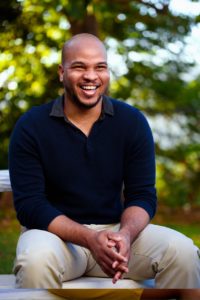
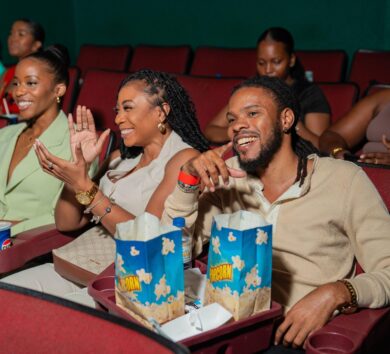
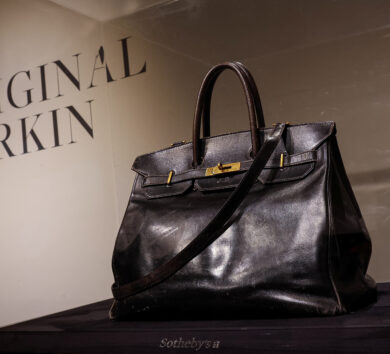
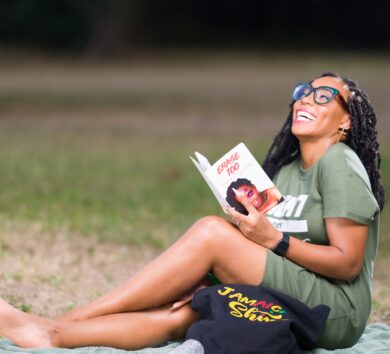
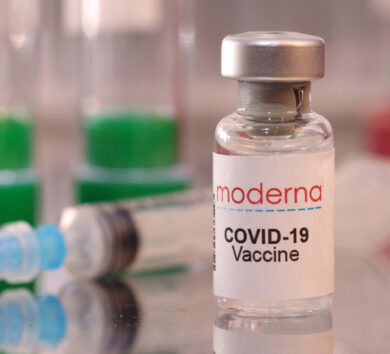
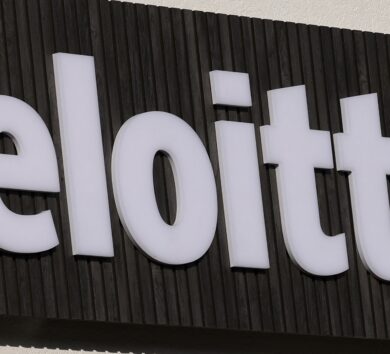
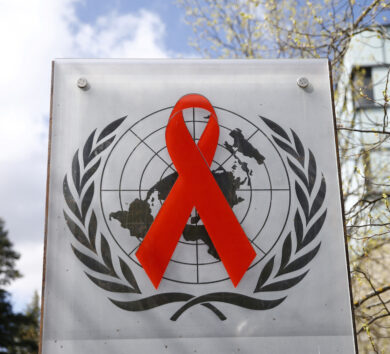
Comments